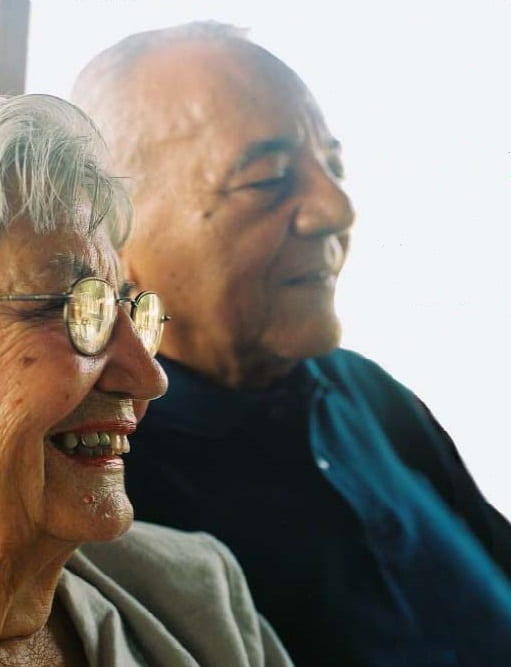IN THE PAST DECADE, Puerto Rico has experienced rapid population aging, financial collapse, mass outward migration of younger people, and then Hurricane Maria. Now is an ideal time to build on the only population-based cohort of older adults in Puerto Rico, unique in having data on health and function prior to these major events. As preparation for the first wave of the Puerto Rican Elder: Health Conditions, households across Puerto Rico were visited to identify the first island-wide sample of adults age 60+ years. A wide range of measures relevant to health and aging, including in-home performance-based testing of cognitive and physical function, was collected at baseline (2002/2003) and four years later (2006/2007). In this new phase of the study our goal is to gather two new waves of data related to aging, stress and health in a sample of approximately 1,000 PREHCO survivors.
Hispanics are the largest minority group in the U.S. but many of the largest epidemiologic studies of health and aging in the U.S. exclude Hispanics, group them into one category, or focus only on the largest subgroup, Mexican Americans. Puerto Ricans comprise the second largest subgroup of Hispanics in the U.S. and by leveraging an existing cohort that was funded by NIA, this project represents a cost-effective design that will provide novel insights relevant to understanding life course conditions, stress, and health across diverse populations.
The current project will a) gather two new waves of data to extend PREHCO follow-up to between 19 and 21 years after baseline; b) examine life course predictors of major aging outcomes, namely cognitive impairment, disability, and mortality; c) collect data on hurricane-related primary stressors (arising directly the from disaster, such as injury or home damage) and secondary stressors (indirect consequences such as difficulties with insurance claims and disrupted family/social networks); d) add hair cortisol as a marker of chronic hypothalamic pituitary adrenal (HPA) axis activation; and e) add cognitive and proxy informant measures that align with the Health and Retirement Study (HRS) and international HRS-based sister studies. We incorporate a life course approach by investigating theory-driven biopsychosocial factors throughout life that may influence major health outcomes. A major strength of this study is previous collection of data on life course factors and chronic health conditions. Given the devastation from Hurricane Maria across the island, this proposal will also allow us to better understand the association between ongoing stressors and older adults’ health and well-being in Puerto Rico.

